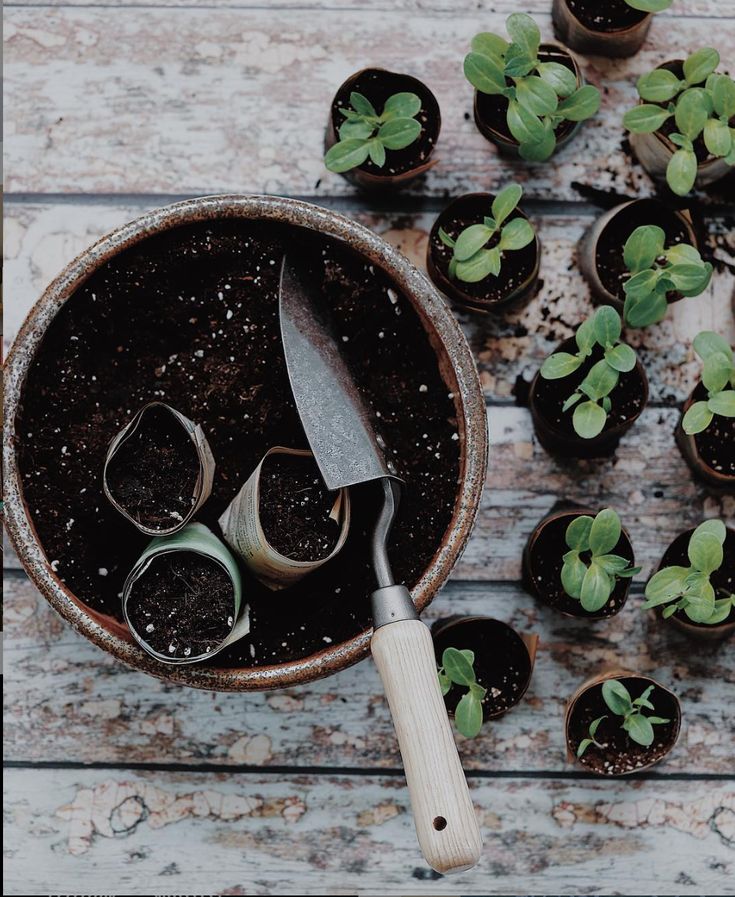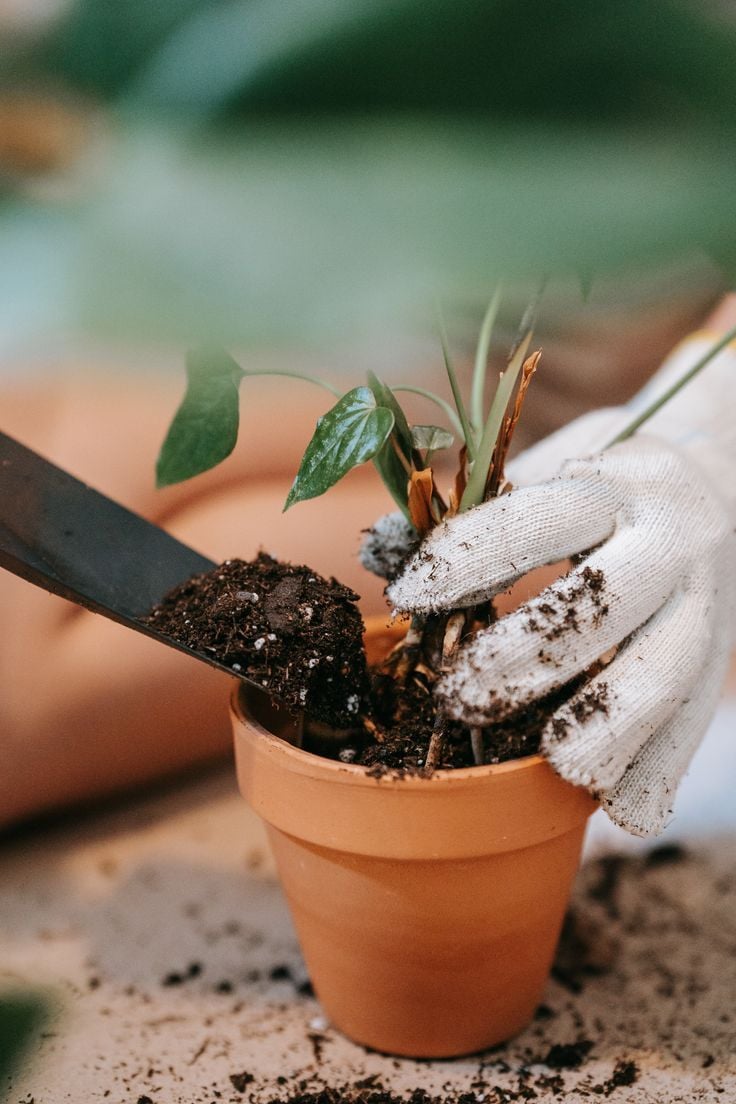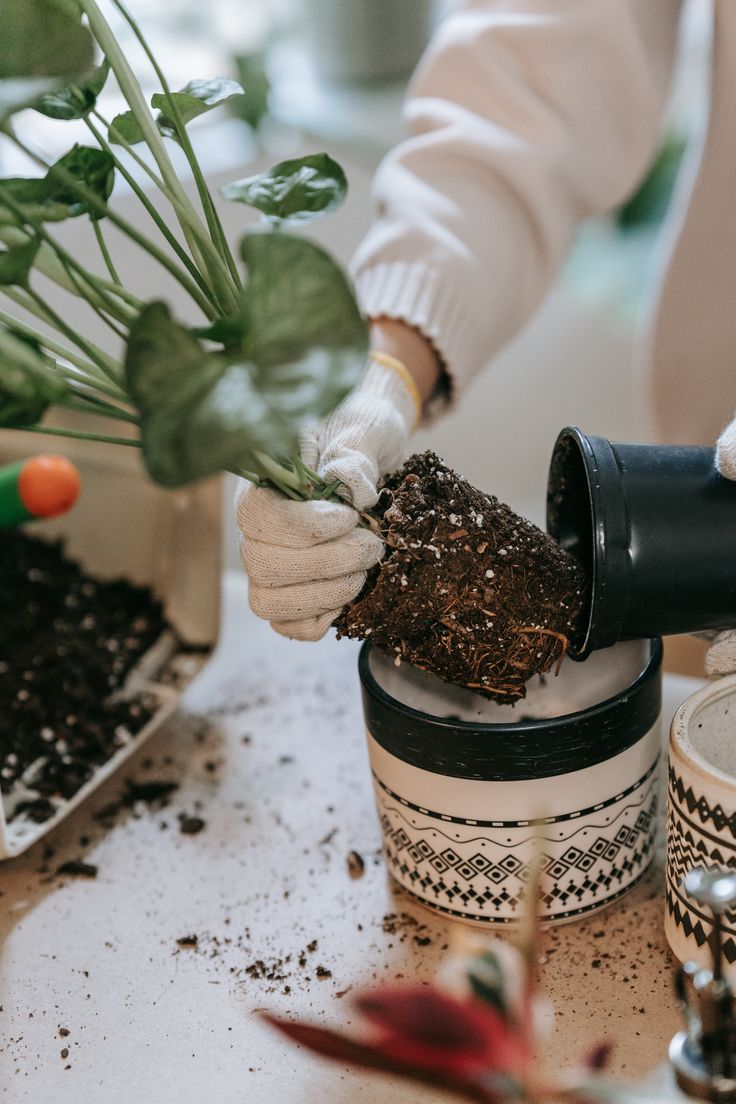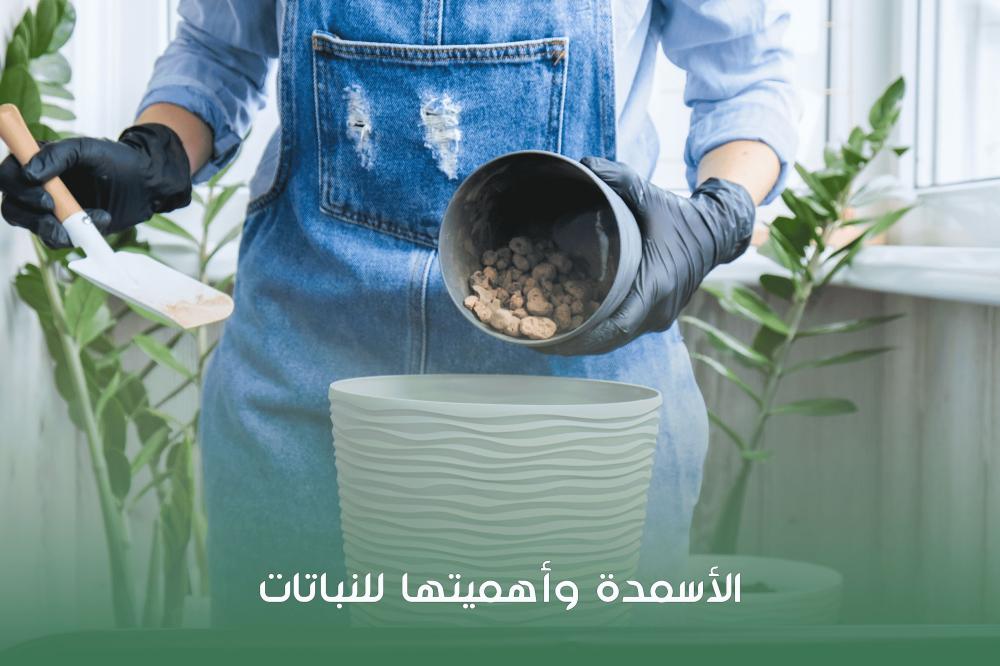Agricultural fertilizers play an important role as nutritional supplements that help plants grow healthy and strong. Fertilizer is simply a substance containing a combination of organic and inorganic nutrients, used to nourish plants and improve their growth.
Fertilizer helps enhance plant health, increase plant reproduction, and stimulate root growth, which in turn results in stronger plants and the quality of their leaves and flowers.
In this article, we will highlight the importance of fertilizers and how to use them correctly to promote plant growth.

What nutrients do fertilizers provide?
Agricultural fertilizers contain three main elements that play an important role in promoting plant growth:
- Nitrogen (N): Helps promote green leaf growth and increase leaf density.
- Phosphorus (P): Essential for strong root growth and flowering.
- Potassium (K): Improves plant resistance to diseases and helps in fruit formation.
In addition to these elements, some fertilizers contain micronutrients such as magnesium, iron, and zinc, which support overall plant health.
Do plants always need fertilizer?
Before we start using fertilizer, it is necessary to emphasize that plants need basic factors more than they need fertilizer, such as:
- Adequate sunlight: Preferably filtered for some indoor plants.
- Suitable humidity: depending on the type of plant.
- Regular watering: in appropriate amounts, without excess or deficiency.
- Suitable temperature: which simulates the plant's natural environment.
If these factors are not present, plants may suffer from problems such as wilting or yellowing leaves, and in this case, fertilization will not be the solution. Rather, the underlying causes must be addressed first.

Discover the most important types of agricultural fertilizers?
- Granular fertilizer (slow-release): It is distributed in the pot and gradually dissolves with watering, providing long-term nutrition to the soil, and is ideal For outdoor plants It is widely used among gardeners.
- Liquid fertilizer (ideal choice for houseplants): Liquid fertilizer is one of the most common types of fertilizers used in plant care, as it is quickly absorbed and easy to use.
- Powder fertilizer: Powder fertilizer is a common type of fertilizer. It helps stimulate plant growth and is very similar to liquid fertilizer, as it is dissolved in water and then applied to the soil.
- Foliar fertilizer: This is an effective fertilizer that is used differently from other types. It is sprayed directly onto the plant's leaves rather than added to the soil. It helps the leaves quickly absorb nutrients through their pores, ensuring that nutrients reach various parts of the plant directly.
Choosing the right type of fertilizer
The type of fertilizer depends on its solubility and plant absorption. Therefore, when caring for indoor plants, it's best to use liquid or powdered fertilizers. They're easier to dilute and more quickly absorbed, whether used as a soil fertilizer or as a foliar spray.

The most common questions about fertilizers and how to use them?!
- What is the benefit of dissolving fertilizers in water?
- Dissolving fertilizers in water and then watering the soil or spraying them on the leaves speeds up the absorption of nutrients, helping the plant utilize them more effectively.
- What is the best time to fertilize?
- Fertilization timing varies from plant to plant, but in general, it is recommended to fertilize plants once a month using the diluted method, i.e., adding half a teaspoon of fertilizer to a liter of water to ensure balanced nutrition without causing harm to the plant.
- Should I fertilize the plant while the soil is dry or moist?
It's best to keep the soil semi-moist before applying fertilizer, whether liquid or powder, as this helps distribute the fertilizer evenly without causing root burn or excess salt buildup.
📌 The most important tips for garden plants:
- Do not over-fertilize, as too much nutrient can harm the plant instead of benefiting it!
- Always choose fertilizer based on your plant's specific needs and development!

